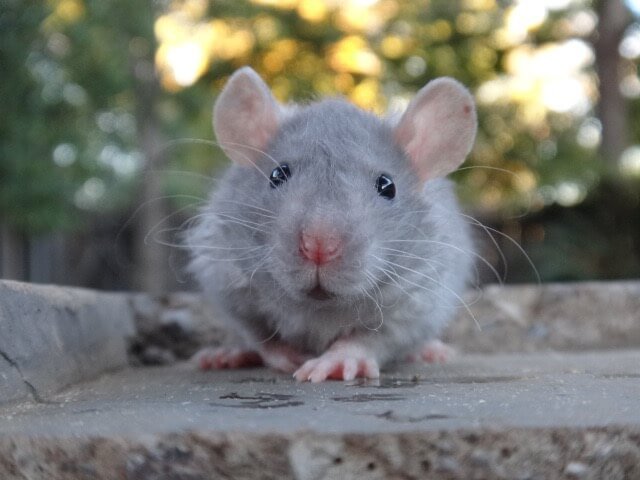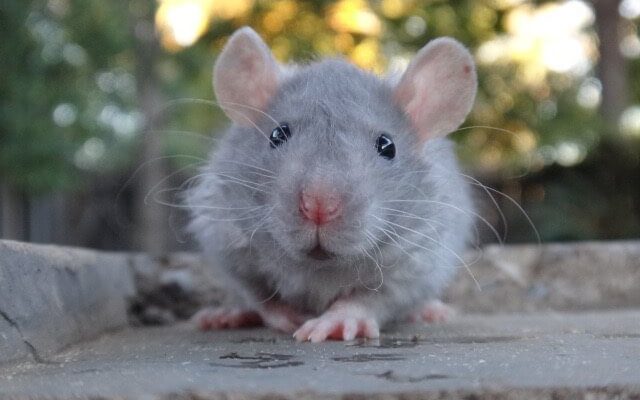
When it comes to caring for bristle coat rats, prevention is key. You might be wondering what specific health concerns to watch out for and how to keep your furry friends in top shape. From respiratory problems to dental issues, this guide will help you navigate the health landscape of your adorable critters. So pour yourself a cup of coffee, and let’s dive into the world of bristle coat rats and the health challenges they might face.
Understanding Common Health Issues
Just like humans, bristle coat rats are prone to certain health problems. These issues can stem from genetics, environmental factors, or even diet. It’s important to recognize these concerns early on to provide the best care possible.
One of the most common health issues in bristle coat rats is respiratory disease. This can be caused by poor ventilation, dusty bedding, or exposure to strong odors. Signs to watch for include sneezing, labored breathing, or watery eyes. If you notice any of these symptoms, it’s crucial to consult a vet. Keeping their habitat clean and well-ventilated can greatly reduce the risk of respiratory issues.
Another notable concern is obesity. Just like us, rats can pack on pounds if they indulge in too many treats or don’t get enough exercise. Overweight rats can face a range of health problems, including heart disease and diabetes. Regular playtime outside their cage can help keep them active and healthy.
Dental Health Matters
Dental problems are another key issue that bristle coat rats can experience. Their teeth continuously grow, and they need to gnaw on things to keep them trimmed back. If they don’t wear down their teeth naturally, they can end up with overgrown teeth, leading to pain and difficulty eating.
To ensure their dental health, provide plenty of chew toys made from safe materials. Wooden blocks, cardboard, and even specific rat chew toys can help keep their teeth in check. Keep an eye out for signs of dental distress too, like drooling or difficulty eating.
It’s also important to schedule regular veterinary check-ups. A vet can spot tooth problems early and provide guidance on maintaining proper dental health.
Skin Issues and Parasites
Bristle coat rats are also susceptible to various skin issues and parasites. These range from simple dry skin to more serious problems like mites or fungal infections. You might notice excessive scratching, hair loss, or redness around their skin as signs of trouble.
To prevent skin problems, ensure that their living environment is clean and free from dampness. Bathing should be limited; too much can strip their natural oils and lead to dry skin. Instead, focus on providing a high-quality diet rich in fatty acids, which can help maintain healthy skin.
If you suspect a parasite issue, consult your vet for treatment options. Regular inspections of your pet’s fur can help catch any problems early.
Diet: The Foundation of Good Health
Diet plays a huge role in the overall health of bristle coat rats. A balanced diet includes high-quality commercial rat pellets, fresh fruits, and vegetables. You may be wondering why this matters so much—well, just as with us, what goes into their bodies directly affects how they feel and perform.
Avoid feeding them processed human foods or sugary treats, which can lead to obesity and other health issues. Instead, opt for healthier snacks like small pieces of apple, carrot, or spinach. Also, ensure they have access to clean, fresh water every day.
Additionally, introducing variety in their diet can keep them interested in their meals and provide essential nutrients. Look for rat-safe options at your local pet store or consult with a vet for recommendations.
Environmental Factors
The environment where your bristle coat rats live can significantly impact their health. A properly maintained habitat is essential for their well-being. You want to create a space that’s not just cozy but also safe.
Ensure their cage is spacious enough to allow movement and has proper bedding to keep them comfortable. Avoid cedar or pine bedding, as the oils can be harmful to their respiratory systems. Instead, look for aspen shavings or paper-based bedding that’s safe and absorbent.
Furthermore, consider the location of their cage. Keep it away from direct sunlight, drafts, and extreme temperatures. A stable environment helps minimize stress, which can lead to various health problems.
Socialization and Mental Health
Bristle coat rats thrive on social interaction and mental stimulation. A lonely rat might start to show signs of stress or depression, which can lead to health issues down the road. Honestly, it’s like having a roommate who needs your company—neglecting their social needs can have consequences.
Provide them with plenty of opportunities to interact, whether that’s with you or another rat. Rats are social creatures by nature, and they enjoy company. Consider adopting a pair of them—just make sure to introduce them properly to avoid territorial disputes.
You can also provide toys and activities to engage their minds. Enrichment is key! Items like tunnels, hanging toys, or foraging games can keep them entertained and mentally sharp.
Recognizing When to Visit the Vet
Knowing when to take your bristle coat rats to the vet is vital. Regular check-ups are a good practice, but there are specific signs that indicate it’s time for an appointment. If your rats show sudden changes in behavior, like lethargy, loss of appetite, or unusual vocalizations, don’t wait too long—seek professional advice.
Another critical sign is if you notice any physical changes. Things like swollen bellies, unusual discharge, or labored breathing should never be ignored. Trust your instincts—if something feels off, it’s better to be safe than sorry.
A good vet who understands small animals can make all the difference in keeping your bristle coat rats healthy. Regular visits not only help catch problems early but also provide peace of mind for you as a pet owner.
In conclusion, caring for bristle coat rats goes beyond just feeding them and keeping their cage clean. With a little education and proactive measures, you can help prevent many common health concerns. Think of it as working together as a team to ensure your furry friends live long, happy lives with you. You’re not just a pet owner; you’re a partner in their health journey!

